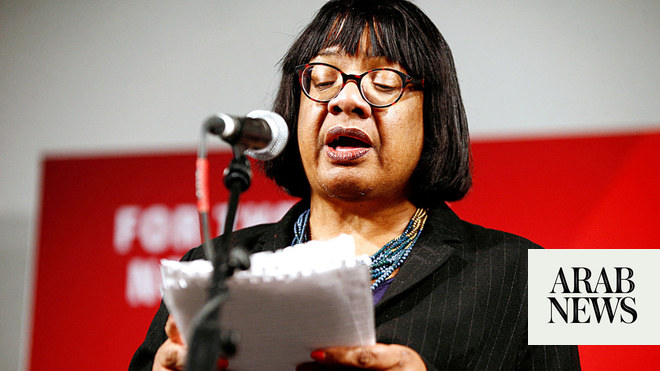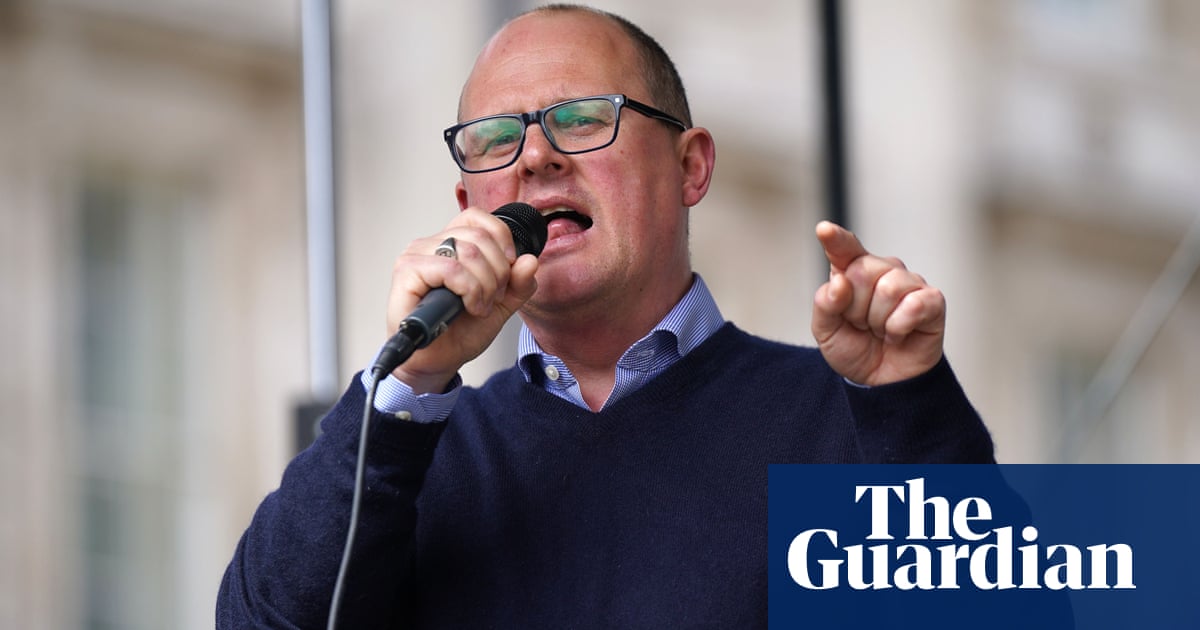
Kanya King, the founder of the Music of Black Origin awards (Mobos), has said negative media coverage nearly ended the event, in a wide-ranging open letter that calls for racism in the British music industry to “no longer be swept under a red carpet”.
King, who founded the Mobos in 1996, sent the letter to the culture secretary, Oliver Dowden, and told the Guardian the awards show could very easily “not be in business” after inaccurate reports about the event made sponsors reticent to be associated with it.
King says that after an incident at a record label afterparty after the 2002 Mobos, press reports – including a story in the Sun with the headline “Stars flee riot at award party” – led to her remortgaging her home to avoid the Mobos collapsing when sponsors backed away.
“In the article there was talk of guns and stabbings yet none of it had anything to do with our event,” King wrote. “Although our show had been very well received, the perception among the general public and commercial partners changed after that … we almost went under and I had to remortgage my home again to put further funds into the business to keep it going.”
King said she had felt satisfied after the 2002 show, and then woke up to negative headlines. “I remember being in shock. I didn’t truly realise the ramifications for us as an organisation. Companies, brands – no one wanted to talk to us.”
In the letter King says artists who have won Mobo awards are often only referred to as a past winner if they are “linked to any kind of trouble”, and that the media will completely erase their Mobo success if they have also won or been nominated for a Brit award.
King – who received an MBE in 1999 and featured in BBC Radio 4’s Woman’s Hour 2013 list of powerful British women – said she had been excluded from previous attempts by the music industry to tackle inequality and wants to see firm action.
She said: “I’ve been hearing music industry bodies saying to me: ‘We want to do more surveys or more reports.’ I’m sick of all these reports. I just want to see action. That’s what I want to see. The question I asked myself is: ‘What do I have to do? What do I have to prove to get a seat at that table?’”
The Mobo founder said the industry needed to involve black businesses, institutions and communities, which nurtured talent but were then excluded from “the financial rewards that have driven billions to the UK and global economies and helped create entire industries”. She also called for more high-level black and minority ethnic executives and for the music industry to investigate and address the ethnicity pay gap.
King said the ongoing Black Lives Matter protests had created a moment where the music industry could change but said she had found the pledges of support from some labels to be hypocritical. “I think it’s pretty galling, to read some of the announcements or pledges and statements of solidarity when our previous calls fell on deaf ears,” she said.
“I am proud of what we’ve managed to do and the lives we’ve been able to change for the better. But just imagine what more we could have done had we not been held back and been excluded?
“We’ve been fighting for over 25 years, I’ve dedicated my life to championing black music and culture. I’ve reached out to lots of people and sent ideas and suggestions. Over the years there have been promises, initiatives, fresh starts and pledges. But for me they were just empty words.”
King said the open letter, which is subtitled “An inconvenient truth”, was the most difficult one she had ever felt compelled to write and that it outlined her experiences growing up in Britain.
She said her brother had ongoing health issues and barely left his house after being racially abused while watching a football game. Her sister began wearing lighter foundation after facing discrimination at work. “It is traumatic watching so many people you care about having hopes and dreams being wasted,” she wrote.
A Department for Digital, Culture, Media and Sport spokesperson said: “We agree that people of all backgrounds should have the opportunity to build successful careers in the creative industries. We recognise how important it is that the workforce of the music business and wider creative sector reflects the diversity of our society in the UK and are committed to working with these industries to help ensure that everyone has equal access to opportunities.”












